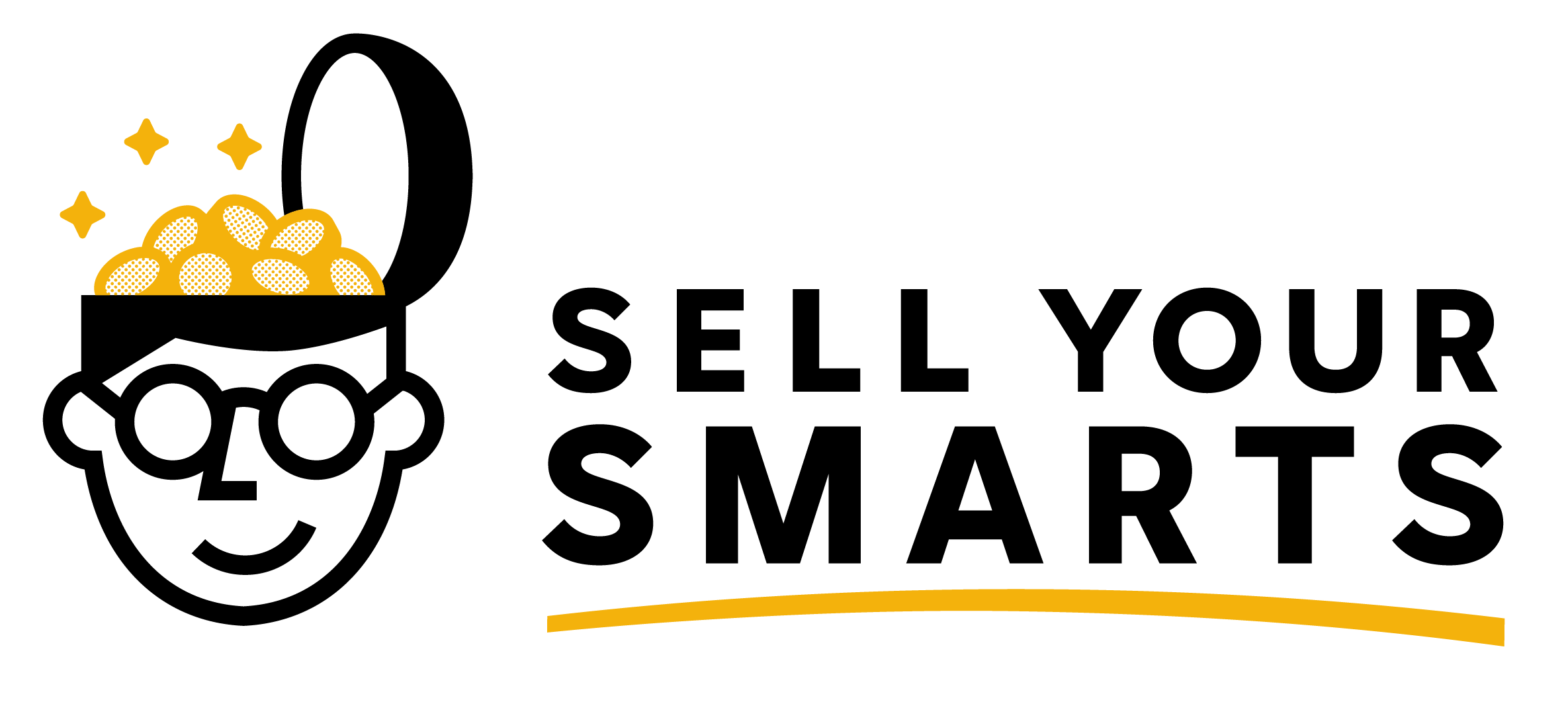You've got a great product, and you know it's worth the price you ask—but how do you get strangers to buy? That's where Freemium Marketing can help.
For the last three decades, the “freemium” business model has been slowly taking over the software industry, and drastically changing people’s expectations for what happens before they commit to a sale.
This trend has caught my eye (and much of my wallet), causing me to pause and wonder:
Can the freemium business model be applied to information products, like an ebook or course?
That question is what I sought out to answer in the research leading up to this post.
Freemium Marketing Defined
The best definition I’ve seen of the freemium business model comes (appropriately) from freemium.org:
The term freemium is coined using two words ‘Free’ and ‘Premium’. It describes a business model where in you give away a core product for free and then generate revenue by selling premium products to a small percentage of free users.
Although the phrase wasn’t coined until 2006, the software industry has been offering free versions of their products since everyone was still using floppy disks in the 1980s.
From the business model perspective, the above definition is superb.
But there's another perspective to consider.
Truly, freemium exists as a business model solely because of its marketing prowess—which comes from one key underlying technique.
That technique is Freemium Marketing, which can be quickly and clearly defined:
Give something of value before offering more value with a price-tag attached.
Freemium Marketing works because giving products away for free accomplishes two key marketing goals:
- Establish credibility with your audience, and
- Demonstrate your product's value.
This works especially well when dealing with people who have a casual interest in your product but don't know or trust you very well.
Freemium Marketing: Give something of value before offering more value with a price-tag attached.
Freemium Marketing in Practice
Companies that rely on freemium marketing are all around you. You've probably used a few in the past month (maybe even today).
Software as a Service (SaaS)
Consider Evernote, Skype, and Google Drive—all exist as completely free products with optional upgrades that require a monthly or annual fee.
For each service, the free product alone provides massive value, which makes the user sign-up seamless and word-of-mouth promotion shoots through the roof.
Once you're in, these companies count on some users wanting more―users that are willing to pay for added features like more space or talking time.
Even if they never upgrade, it's a small expense to maintain thousands of free users as long as a chunk of their peers decides to do so.
Some research has shown that 1 in 10 free users will upgrade to pay, but that's not always the case. Evernote was built to be profitable at a 1% conversion rate.
Information Products
With digital products, it's much easier to scale an audience than it would be in the server-heavy software industry.
With that in mind, it stands to reason that freemium marketing should work perfectly in the information product space.
Leo Babauta is one of the few who've tried this, offering a free and premium version of his self-published ebook, Focus.
The book is 27 chapters, uncopyrighted, and you're encouraged to share the free version with everyone you know. The premium version includes accompanying videos and bonus chapters, for a one-time $34.95 fee.
Even if you never buy the premium version, reading a free copy introduces you to Leo's brand, his worldview, and spreads his message a little bit more.
Bryan Harris uses freemium marketing to build a targeted audience, to which he then markets his flagship course.
Essentially, Bryan teaches with one outcome in mind: grow your email list.
On that single topic, he offers three different courses:
- Get 10,000 Subscribers ($1200)
- Rapid List Building System ($200)
- Jumpstart Your Email List (Free)
If you've never heard of Bryan, you might not want to shell out $1200 without knowing if his course can teach you what you don't already know.
You might be willing to risk the lower $200 price, but if you're at all interested in email marketing;that free option is a no-brainer and you'll quickly rush to sign up.
All Bryan asks for is your email address, and he immediately sends you an email packed with value to once again:
- Establish credibility, and
- Demonstrate his product's value.
I'm now using this same strategy to promote my video course, and I'm excited to see how this will turn out.
During the first launch, almost everyone signed up for VIP. So much so, that I've now completely removed the “Basic” option, raised the VIP price, and added new content to the two remaining tiers.
Removing that first tier opened up a new opportunity for freemium marketing, so today I'm launching a new GNT Essentials email course.
I've invested a lot of time into filling the course with value-packed content, and I could justify that because of the anticipated increase in sales of The Get Noticed!™ Theme Unlocked.
Freemium Marketing is a blast because you grow sales by helping people—there's no need to feel guilty about that.
A lot of dream-builders are afraid to sell out, but this technique actually gives you a way to serve more people for free and grow your business—a clear win for all.
The surest path towards growing your sales may be to offer a free version of your product. This proven tactic is starting to spread—maybe it's time you offered the same.
Question: How can you apply freemium marketing to your business right now?
